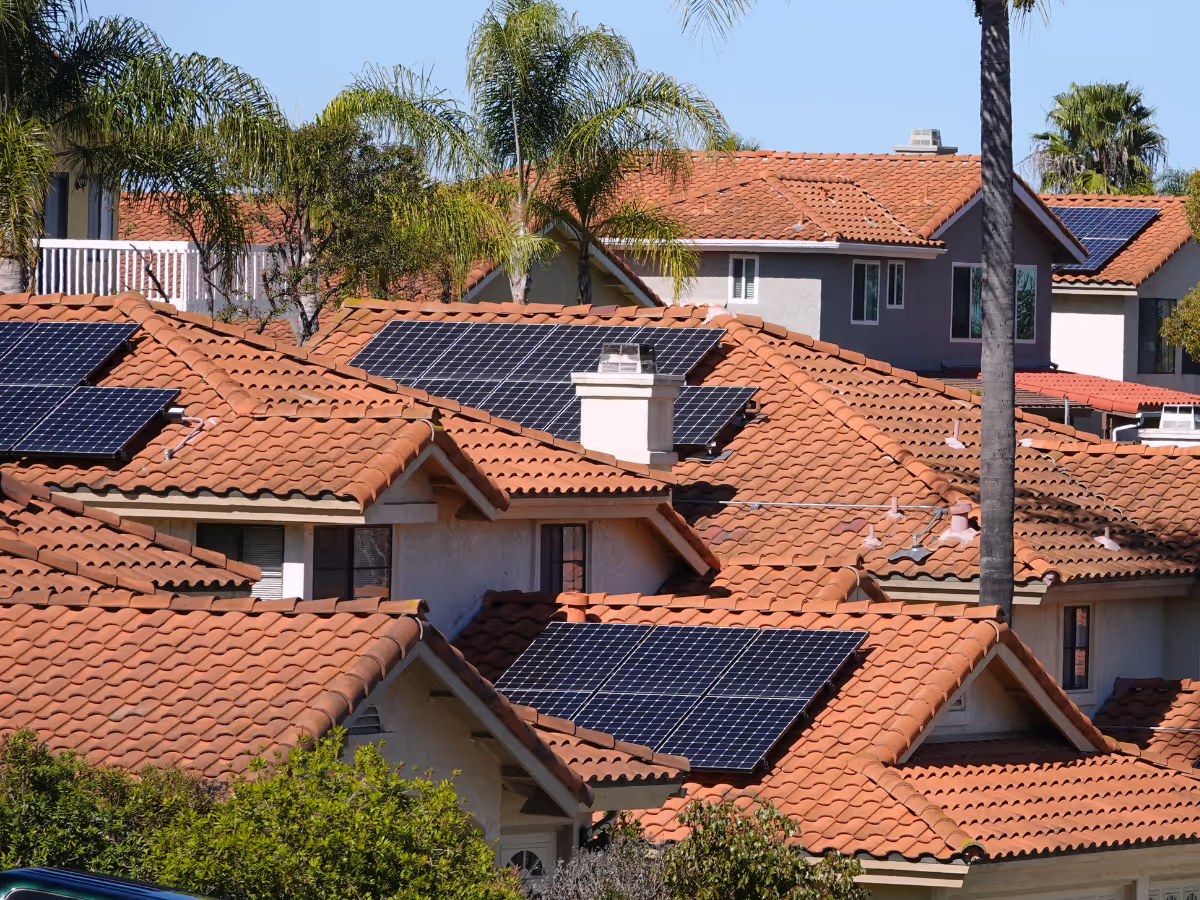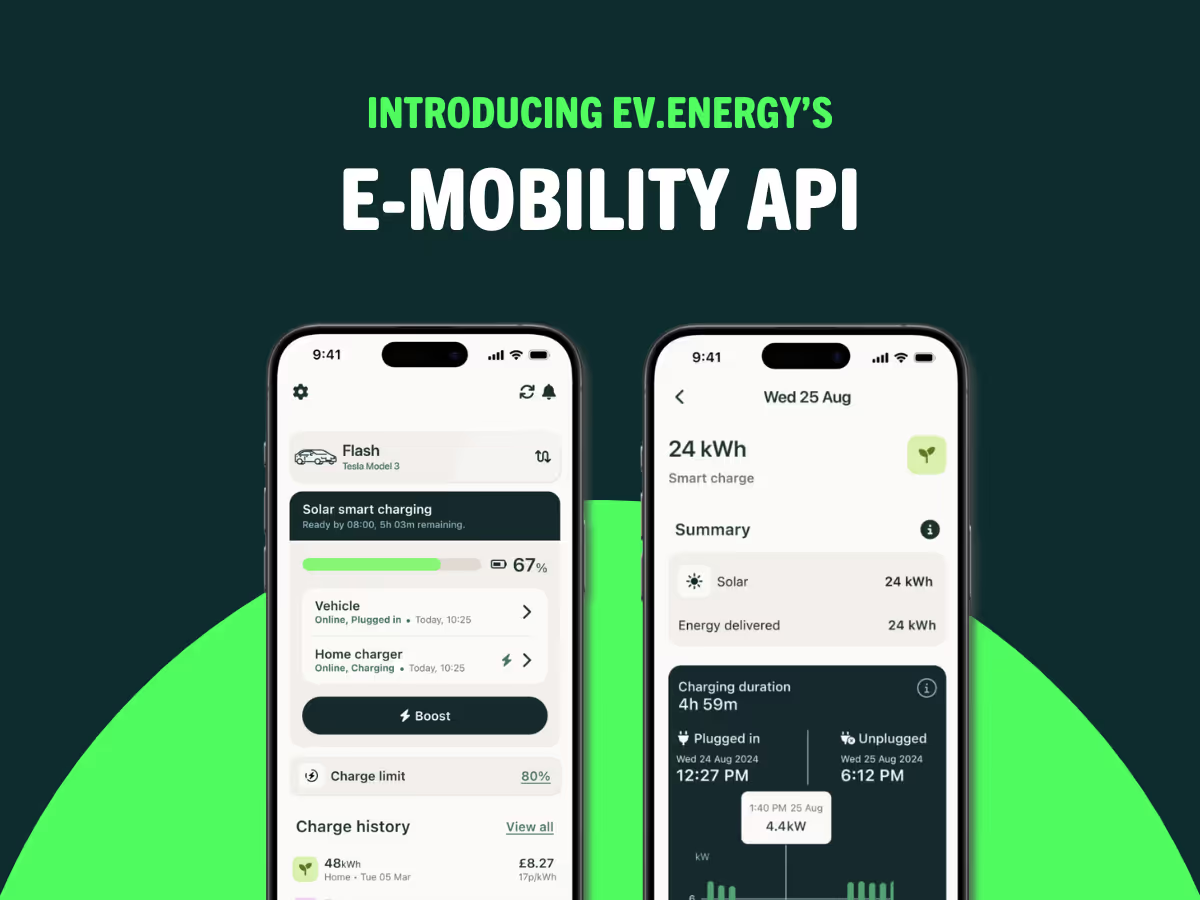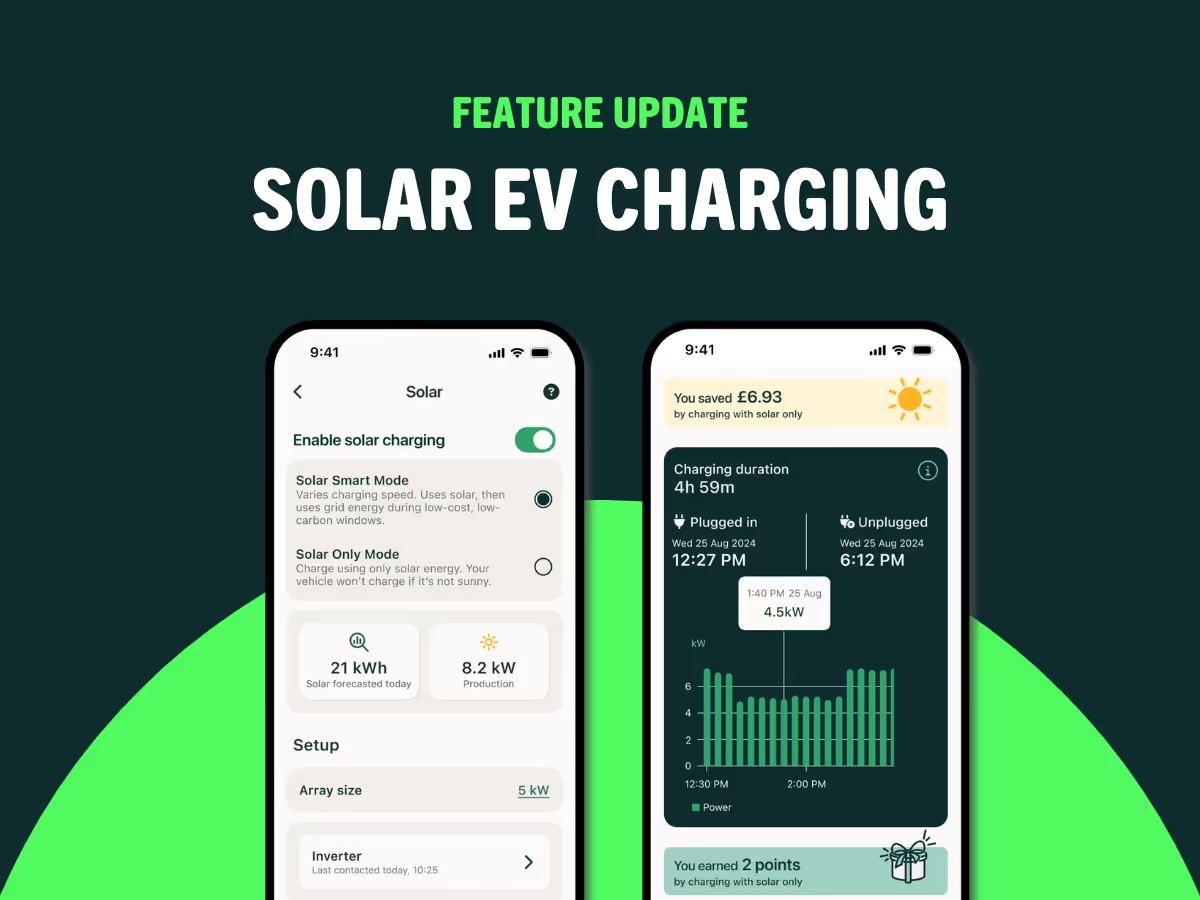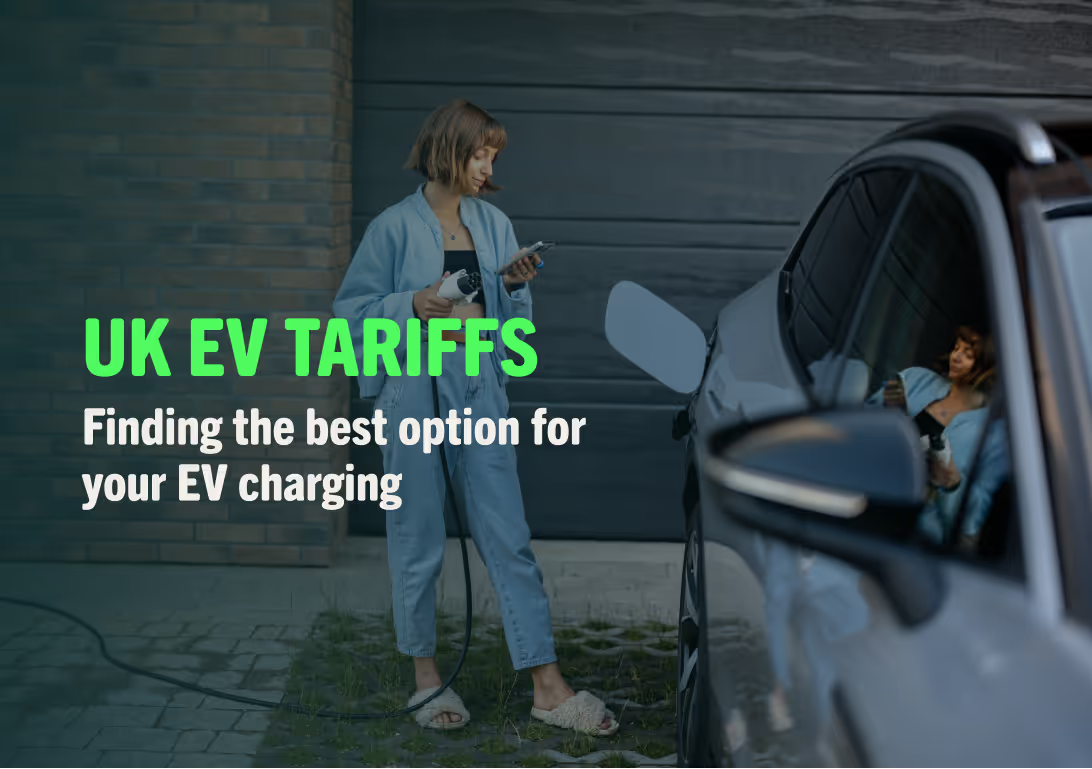Electric Vehicle Buyers Guide


Background
Thomas Parker built the first Electric Car in London in 1884. Since then, electric cars have been largely overshadowed by their more popular petrol and diesel counterparts. However, the electric revolution is now upon us and the electric car market is growing quickly, with more than 298,000 EVs on UK roads in April 2020. There are three main types of EVs:
- Battery Electric Vehicles (BEV) – are fully electric vehicles that rely on electricity from a battery. BEVs use an external electrical charging outlet to power them up. BEVs use a clever technology called regenerative braking, whereby when you
step on the brake whilst driving, the momentum of the car puts charge back into the battery. - Plug-in Hybrid Electric Vehicles (PHEV) – are powered by both fossil fuels and electricity. These cars use regenerative braking and electricity from the grid to power them. In addition to this, a petrol or diesel engine is used to extend the range of the car by recharging the battery as you drive.
- Hybrid Electric Vehicles (HEV) – use a combination of both battery and engine for power. The electric motor initially powers the car and continues to power it at lower speeds, drawing on electricity from the battery. Then at higher cruising speeds the combustion engine kicks in. While it’s working, the engine can also power the car’s generator, which produces electricity and stores it in the battery to be used later on.
In this guide we will primarily focus on Battery Electric Vehicles as they produce zero-emissions. For first time buyers there are quite a few uncertainties around the costs and benefits associated with buying an EV, so we have broken it down to help you make the most informed decision.

Costs & Savings
EVs are considered to be more expensive than its diesel/petrol counterparts. The main EV costs to consider are:
Initial cost of an EV
Initial upfront cost to purchase an EV – can range from £20,000 for a small/city car like a VW E-UP up to £189,000 for a high-end sports EV like Tesla’s Roadster.
Government grant
A government plug-in car grant towards the cost of brand new electric cars is now worth £3,500. The rules were tightened for plug-in hybrid cars, so none qualify for a government-funded discount.
Exempt from paying road tax
Zero emissions cars costing less than £40,000 are also exempt from paying road tax. Since 2017, most petrol/diesel drivers are charged an initial tax rate based on their CO2 emissions, which ranges from £10 – £2,070 (and an additional charge is added for diesel cars). From the second year, most petrol/diesel cars are charged a standard rate of £145 in tax per year. For a car with a value greater than £40,000 there is a surcharge of £320, bringing the tax rate to £465.
Car manufacturer scrappage discount
Some manufacturers also offer generous scrappage discounts for anybody who trades in an old petrol or diesel car for an EV. The scrappage discount price varies across the manufacturers from ~£1,000 – £7,000 but can be a good incentive to swap your old petrol/ diesel car for an EV. A link to manufacturer scrappage deals is here.
London Congestion charge and Ultra Low Emission Zone (ULEZ) exemption
If you live in London, any car that emits less than 75g/km of CO2, which means all BEVs, qualifies for exemption from paying the daily Congestion Charge and the ULEZ charge (£11.50 and £12.50 respectively). This means that a Londoner could potentially save a total of £7,460 every year.
Fuel savings from EV charging
Charging an EV is cheaper than putting petrol or diesel in a regular vehicle, but how much cheaper? On average the primary car in a household covers 10,000 miles a year.
For every 1kWh of energy delivered to an EV it will gain roughly 3 miles in driving range. This means it would take 3000kWh of energy to drive 10,000 miles. Using these figures as a guide, your yearly charging costs would be as follows:
A standard 15p/kWh flat-rate tariff = £450.00
(3000kWh x 15p/kWh)
Now let’s compare this to a petrol car. Using the following figures for our calculations, we calculated it would cost £1,100 a year 1, which is nearly three times more expensive than an EV!
It’s important to note that in addition, maintenance costs associated with EV’s tend to be lower than regular vehicles and they also depreciate less in value.
1 Assumptions and figures used for calculating the cost to refuel a petrol car Mileage: 10,000, Fuel type: unleaded, Fuel price: 106.39 pence per litre Mpg 44 mpg

How do you charge your electric car at home?
A regular three-pin plug will draw a maximum charge of 3kW, which is too slow to fully charge most electric cars in a useful amount of time, even if left overnight. However, installing a wallbox charger
at home will help you charge much quicker, making electric-car ownership considerably more viable.
A home wallbox charger is a unit that’s installed either in your garage or outside your house and is connected to your home’s mains electricity; most of these devices will charge your car at a faster rate than can be achieved using a normal three-pin plug.
There are a number of different companies offering home wallbox chargers. The factors you’ll need to consider are price (and potential to qualify for a grant), ease of installation, charging speed, connector and cable type and compatibility with your home.
Initial cost of an EV
There are three options of chargepoint output (and charging speed) for home use:
• Standard Charging – 3kW (16A)
• Fast Charging – 7kW (32A)
• Super-Fast Charging – 22kW (32A three-phase)
Rule of thumb for EV charging time:
Battery size ÷ energy delivered = time to charge
As an example, for a 40kWh Nissan Leaf :
- 3 kW home charger – full charge in ~12-13 hours
- 7 kW charger unit – full charge in ~6 hou
































































































